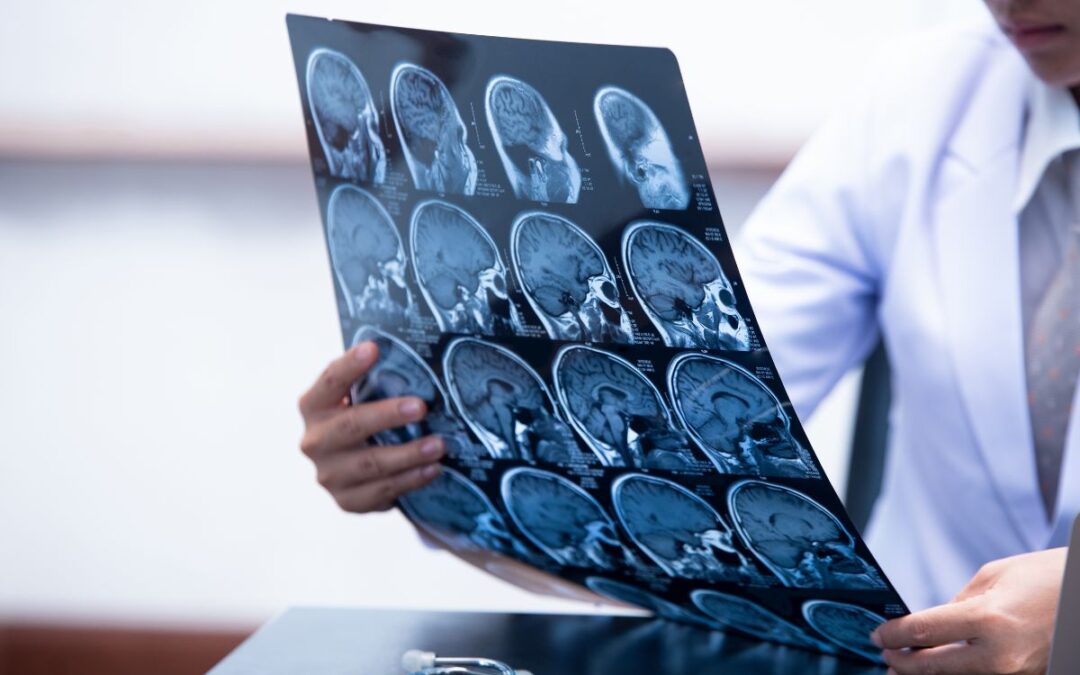Most of the thousands of traumatic brain injuries that happen every year are mild. Mild traumatic brain injuries are commonly called concussions. While most people recover from their concussion symptoms quickly, for some, the symptoms can last for days, weeks, or even years. Research has shown that recovering from a concussion can be more challenging for older adults, young children, and teenagers. After a traumatic brain injury, it is essential to watch for signs and symptoms of concussions.
Symptoms of a Concussion
Many concussions are mild, but some have a devastating impact on the victim. In some cases, the symptoms and signs of a concussion do not show up immediately after a person experiences a traumatic brain injury. We have seen instances in which our client showed no signs of a concussion at the accident scene but later developed concussion symptoms. Every traumatic brain injury is different, but they all require attention and proper medical treatment. The following symptoms are common after a concussive traumatic brain injury:
- Headache
- Amnesia
- Confusion
- Ringing in the ears
- Vomiting
- Blurry vision
- Drowsiness or fatigue
- Nausea
- Dizziness or “seeing stars”
Sometimes concussion symptoms are clear and easily diagnosable. In other cases, concussion symptoms are more subtle. Unfortunately, traumatic brain injuries are far too common in young children. However, recognizing the symptoms of a concussion in infants and toddlers can be difficult. If your child is irritable, cranky, has cried excessively, or shows a dazed appearance, he or she may have a concussion. Likewise, if your child experiences seizures, vomiting, or changes in eating or sleeping patterns, he or she may have experienced a concussion.
When to Seek Emergency Medical Attention
Many of us downplay our injuries and illnesses. Downplaying a concussion is dangerous, however. In some cases, it is important to call 911 and seek emergency medical attention. When in doubt, it is always best to err on the side of caution. The following danger signs indicate that a person needs emergency medical attention after a traumatic brain injury:
- Cannot recognize people or places
- Starts having seizures or convulsions
- Headache that gets worse and will not go away
- Numbness, weakness, or decreased coordination
- Repeated nausea or vomiting
- Slurred speech
- Cannot wake up or looks very drowsy
- One pupil is larger than the other
- Gets increasingly more confused, agitated, or restless
- Displays unusual behavior
- Loses consciousness
Have You Experienced a Traumatic Brain Injury? We Can Help
If you have experienced a traumatic brain injury, it is vital that you speak with an experienced traumatic brain injury lawyer as soon as possible. Depending on the facts of your case, you may be entitled to compensation through a personal injury lawsuit. When it comes to recovering compensation after a traumatic brain injury, your lawyer’s experience matters. At Griggs Injury Law, we focus a large part of our legal practice on obtaining compensation for clients who have experienced TBIs. Contact the experienced TBI lawyers at Griggs Injury Law today to schedule your free initial consultation.


